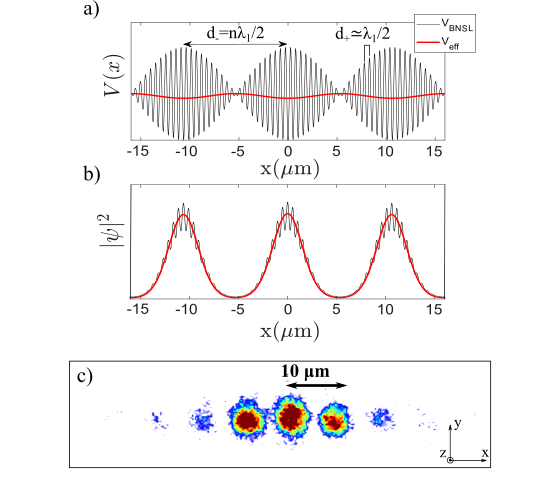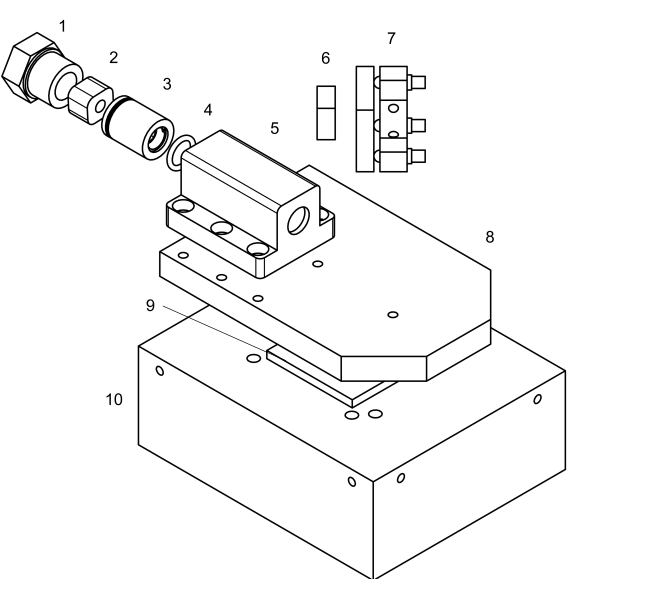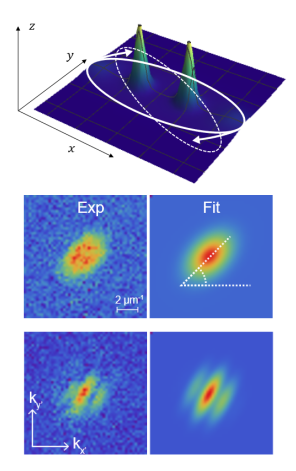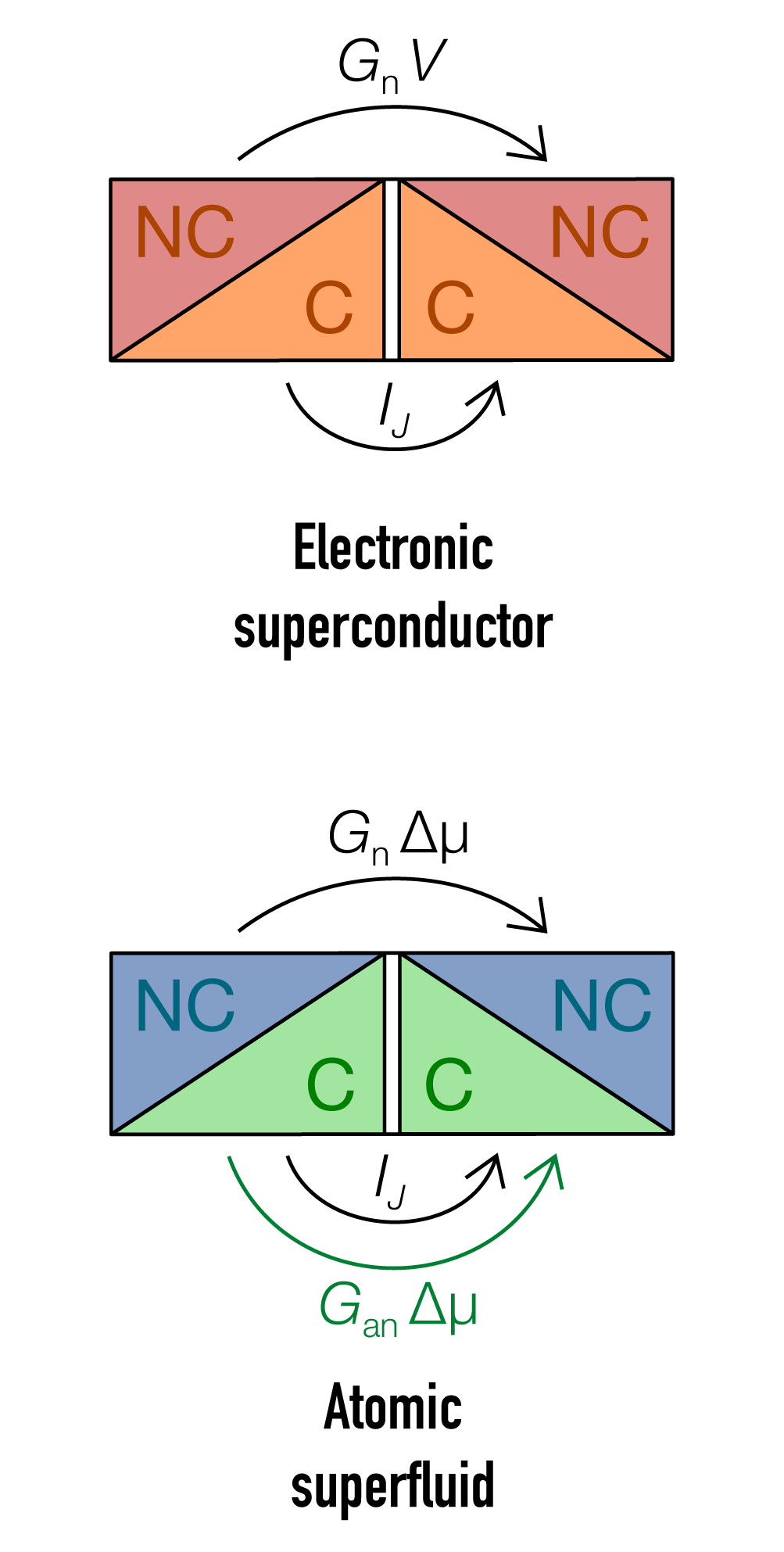 |
We report the experimental realization of a new kind of optical lattice for ultra-cold atoms where arbitrarily large separation between the sites can be achieved without renouncing to the stability of ordinary lattices. Two collinear lasers, with slightly different commensurate wavelengths and retrorefected on a mirror, generate a superlattice potential with a periodic \beat-note" profile where the regions with large amplitude modulation provide the effective potential minima for the atoms. To prove the analogy with a standard large spacing optical lattice we study Bloch oscillations of a Bose Einstein condensate with negligible interactions in the presence of a small force. The observed dynamics between sites separated by ten microns for times exceeding one second proves the high stability of the potential. This novel lattice is the ideal candidate for the coherent manipulation of atomic samples at large spatial separations and might find direct application in atom-based technologies like trapped atom interferometers and quantum simulators. L. Masi, et al., |
LAST NEWS
 |
We report on our patented Littrow-type external cavity diode laser (ECDL) in which the coarse wavelength adjustment obtained via the rotation of a diffraction grating is decoupled from the fine tuning of the cavity modes done with changes in the external cavity length. This design improves the robustness of the ECDL emission against misalignment and hysteresis, even for the case of long external cavity lasers typically employed in optical clock experiments. L. Duca, et al. |
 |
A key manifestation of superfluidity in liquids and gases is a reduction of the moment of inertia under slow rotations. Non-classical rotational effects have been searched for a long time also for the elusive supersolid phase of matter, in which superfluidity coexists with a lattice structure. Here we show that the recently discovered supersolid phase in dipolar quantum gases features a reduced moment of inertia. We study a peculiar rotational oscillation mode in a harmonic potential, the scissors mode, already employed for superfluids. From the measured moment of inertia, we derive a superfluid fraction in analogy with the original definition by A. J. Leggett. The superfluid fraction is different from zero and of order of unity, providing direct evidence of the superfluid nature of the dipolar supersolid. A qualitative comparison with the original theoretical model supports the observation of a large superfluid fraction close to the transition from the Bose-Einstein condensate (BEC) and the supersolid.
L. Tanzi, et al. |
 |
By investigating the tunneling transport of ultracold atomic Fermi gases, we reveal for the first time a peculiar enhancement of the conductance of neutral superfluids, in contrast with charged superconductors. — Both superfluids and superconductors owe their distinctive frictionless flow to their condensed nature, namely the macroscopic occupation of a single quantum state. Regardless of the electric charge of the constituent particles, condensation results in the emergence of the Josephson effect: a tunneling current flows when two superfluid reservoirs are coupled with one another through a thin insulating barrier in a so-called Josephson junction. G. Del Pace et al. |
 |
It is a great privilege for us to welcome Nigel Cooper, Professor in Theoretical Physics of University of Cambridge. Prof. Cooper will honour us with his presence for one year as a Visiting Professor of the Department of Physics and Astronomy of the University of Florence. |
